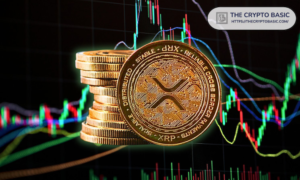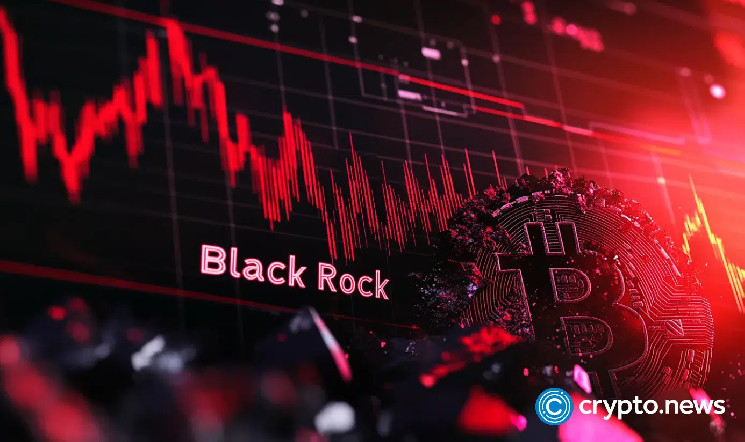BlackRock, the world’s leading asset management company, made headlines recently after reportedly spending $1 billion on bitcoins just on the eve of a sharp decline in the BTC price. The decline was triggered by the U.S. Federal Reserve Chair Jerome Powell’s announcement of a change of pace for rate cuts, casting a shadow on Bitcoin reserve plans. This significant market shift saw Bitcoin dropping over 13% in just 48 hours, reacting to the Fed’s “hawkish” 0.25% rate cut announcement.
The Fed’s proposal to reduce the rate cuts for 2025 came as a surprise. With only two interest rate cuts expected next year instead of four, the lower interest rates typically fueling the crypto market became a bearish signal. Powell also mentioned that the central bank is not allowed to hold any Bitcoin. This move was labeled as “hawkish” and “aggressive,” triggering panic selling in the crypto market. Bitcoin saw a 13% drop, while other altcoins experienced even harsher price declines.
Despite the apparent timing of BlackRock’s $1 billion investment in Bitcoin just before the dip, the company made a total investment of $1.5 billion in bitcoins within a week. This investment accounted for nearly 10,000 BTC, with BlackRock now owning over 553,000 BTC, around 2.6% of Bitcoin’s total supply. As such, BlackRock remains a beneficiary of Bitcoin’s scarcity, with the recent purchase increasing its total IBIT holdings to 1.8%.
BlackRock’s total holdings, estimated at over $11 trillion, show that the Bitcoin share of its portfolio is relatively small. However, the company’s recommendation to allocate up to 2% of Bitcoin in a multi-asset portfolio confirms its belief in Bitcoin as a hedge against market turbulence. While BlackRock may have missed a better buying opportunity when the BTC price dipped under $93,000 the day after their purchase, the company’s overall portfolio value is high enough to absorb the drop in Bitcoin’s value without significant impact.
BlackRock’s engagement with Bitcoin has sparked a debate on the immutability of Bitcoin’s 21 million hard cap. The company’s mention of the cap potentially being changed in an educational video raised questions about its implications. The possibility of removing the cap through a hard fork could impact Bitcoin’s security and network incentivization. Despite the debate, BlackRock’s continued interest in Bitcoin shows its willingness to experiment with the asset, mitigating risks associated with investing more than it can afford to lose.
In conclusion, BlackRock’s investment in Bitcoin, despite the timing of the purchase, highlights the company’s belief in the value of Bitcoin as an asset. As the cryptocurrency market continues to experience volatility, entities like BlackRock are willing to explore and invest in the potential of Bitcoin as a valuable addition to their portfolios. With Bitcoin’s scarcity and potential as a hedge asset, companies like BlackRock are demonstrating confidence in the long-term value and significance of digital assets in the financial landscape.



















